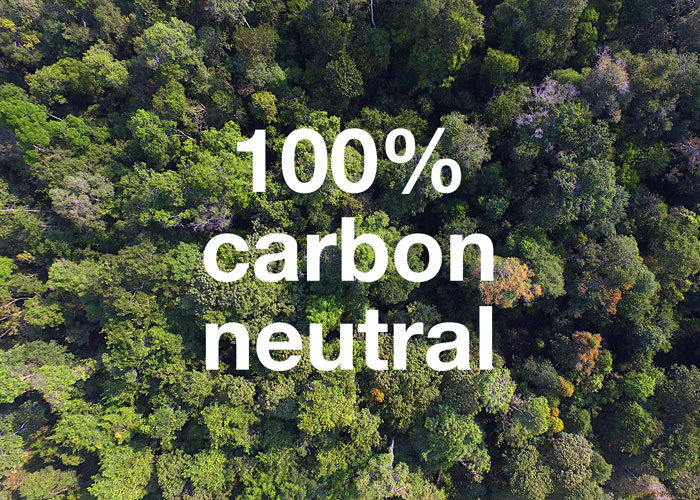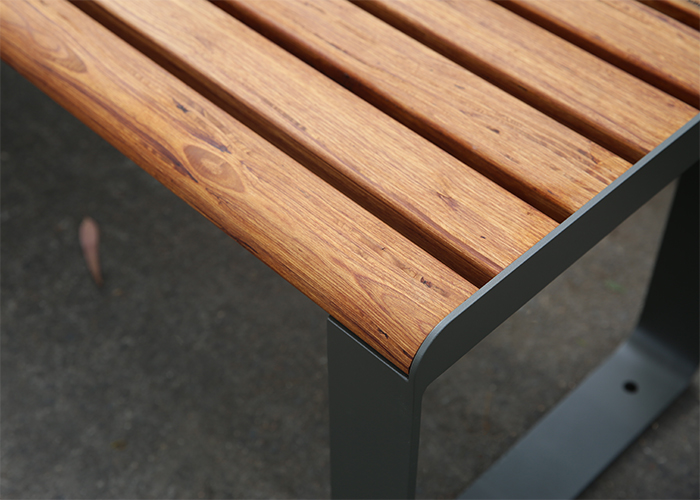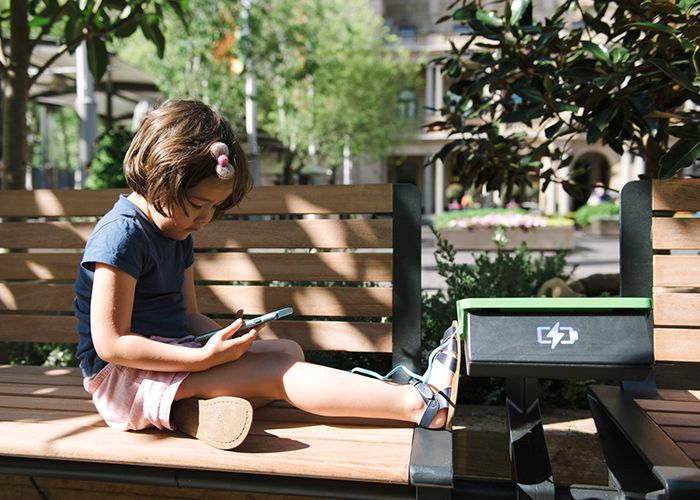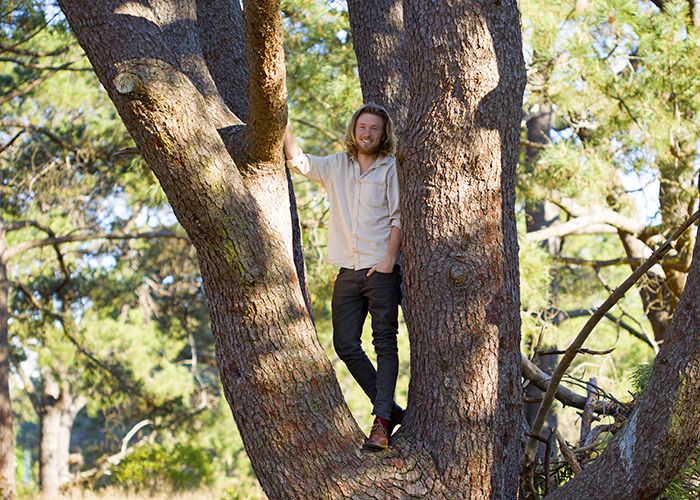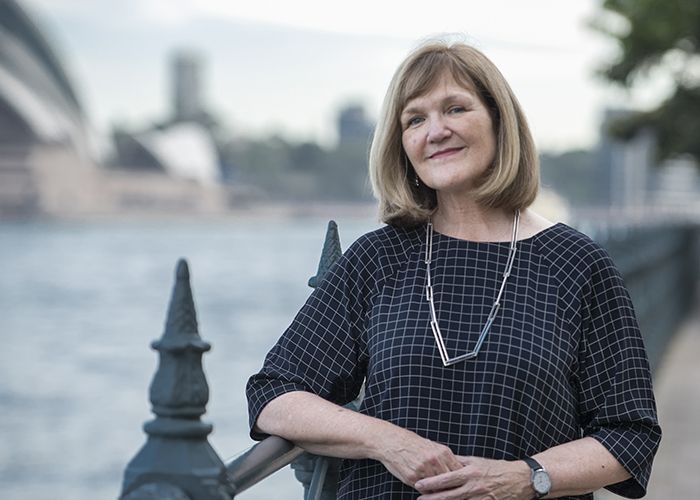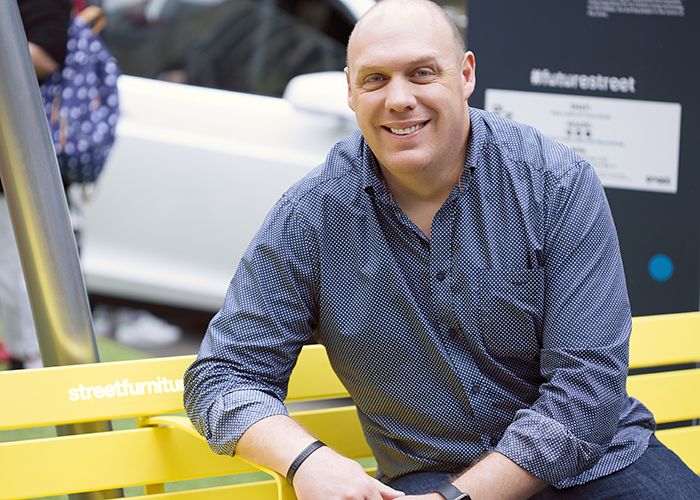
As Founding Executive Director of the Smart Cities Council Australia New Zealand, Adam Beck has a mission to accelerate sustainability in cities and towns through technology, data and intelligent design.
The Council partnered with AILA and the Internet of Things Alliance Australia to demonstrate these ideas in action in Sydney with the Future Street, designed by Place Design Group as part of the 2017 International Festival of Landscape Architecture.
Beck is also an Ambassador with Portland-based think tank EcoDistricts, a former lecturer and studio lead in social impact assessment and community engagement at the University of Queensland, and spent 15 years with global consulting firms like Arup.
He shares his Future Street findings and vision for next-gen cities in a smarter, more sustainable world.
What can we learn from Future Street?
Future Street exceeded our expectations, completely. The response from the community and government of all levels, as well as industry, was extremely positive. The key message we received was clear – why can’t all streets be like this? This taught us that there are high aspirations of the community that their cities could have more productive streets that can give more.
The other thing that Future Street revealed was that all components (green, complete and smart) provide the best outcome, and leaving any one component out of the equation would be detrimental to the city.
Now that Future Street is over, where to next?
We think the Future Street installation in Sydney has provided us with some important feedback and intelligence to drive a more comprehensive, national agenda to advocate for these types of streets in our cities. We are in a very good place to drive these outcomes, and we plan on documenting the design into a Future Street Playbook, to help others embrace the concept in their own cities.
We also have a number of local governments and private sector developers interested in building their own Future Street, which is a great outcome.
What role does street furniture play in our future streets?
As we saw at Future Street in Sydney, street furniture is changing, fundamentally, to include multiple functions beyond its original purpose. Street furniture is now becoming a key part of our smart cities backbone – providing digital connectivity, powering our activities and embedding internet of things sensors that help us measure what’s going on in the urban environment.
The park bench and humble bin are now the ‘eyes and ears’ of the city, feeding critical information back to a place where the data can be analysed to help Councils make better, more transparent, investment decisions around design and maintenance practices. This is beyond exciting. It is a watershed moment in public place design, management and programming.
Smart cities is quite a niche – how did you get to where you are?
It is certainly a concept that means different things to different people, and at times can be quite polarising. It is however, quite simple – embrace the opportunity that technology, data and intelligent design can present in terms of accelerating sustainability aspirations for your city.
And in terms of how I found this smart cities opportunity, it was by accident, over a coffee with a friend when I was living in Portland Oregon. We then worked on it for a while before we launched last year, and having the world’s largest network of smart cities companies behind me is a favourable place to be in.
For me, with a well-grounded sustainability, liveability and workability agenda at the heart of smart cities, it was quite easy to get passionate about smart cities. Put simply, it’s the logical next stage in my sustainability career.
In Profile is a Q&A series featuring Australian influencers of the public realm.
Interviewees are players in the public sphere with compelling stories, not always affiliated with SFA.
To nominate a subject, please contact the editor via editor@streetfurniture.com
Read more about Future Street here.
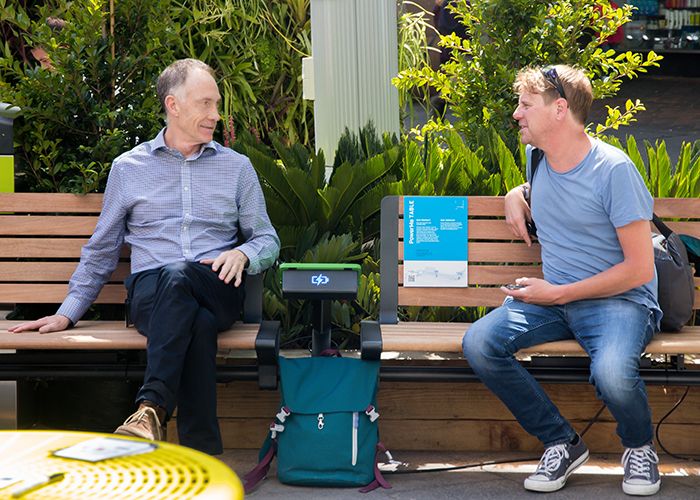
Chats over the PowerMe wifi charging table, on the ARIA seat.
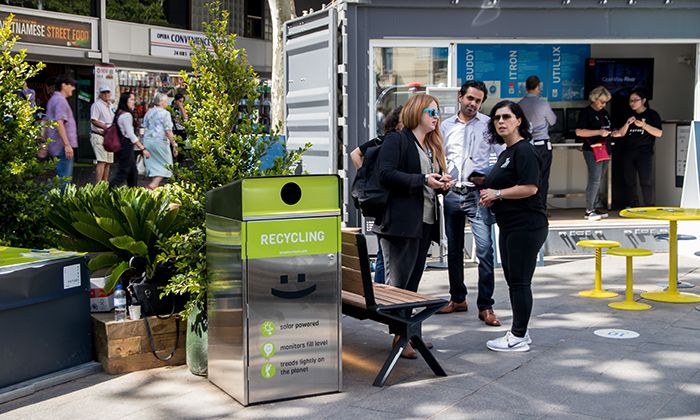
Escola SmartBins helped to manage Future waste, with sensors to monitor fill levels.
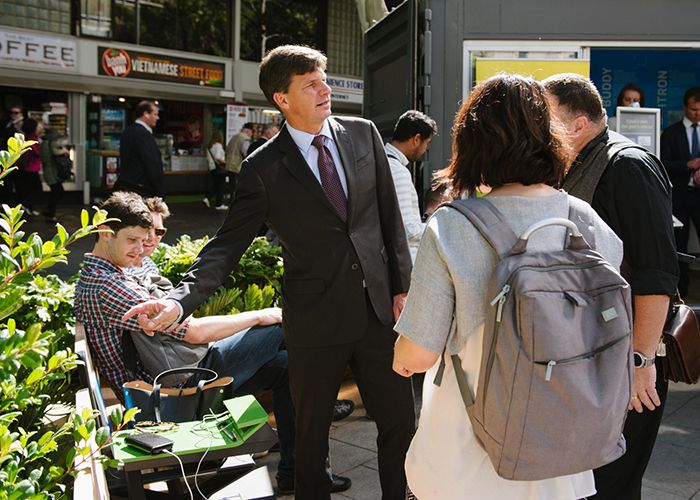
Assistant Minister for Cities Angus Taylor checks out PowerMe wifi charging tables at the official opening of Future Street. Photo: WE-EF.
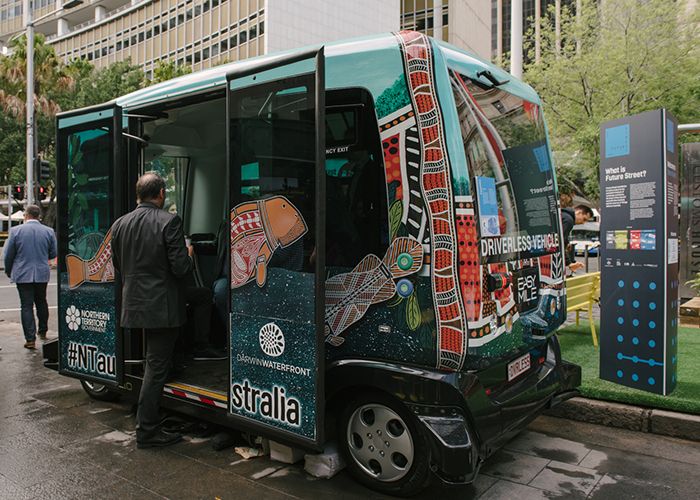
Driverless cars, Tesla and share bicycles on show at the Future Street. Photo: WE-EF.
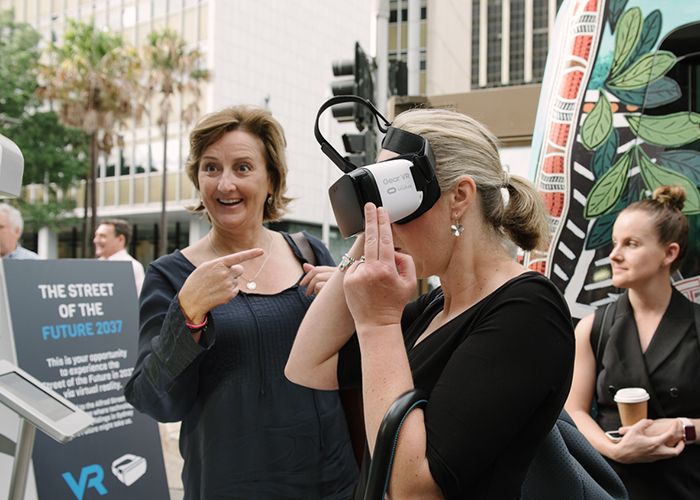
Virtual reality envisioning the future of Circular Quay. Photo: WE-EF.
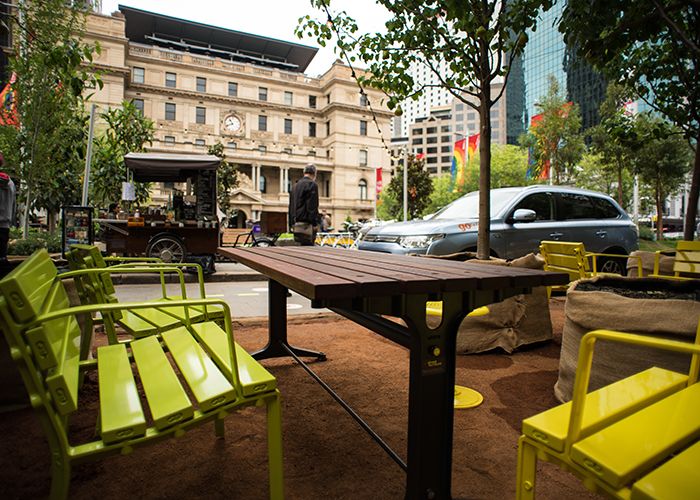
Future Street in Circular Quay, in front of Customs House. Photo: Ross Mills
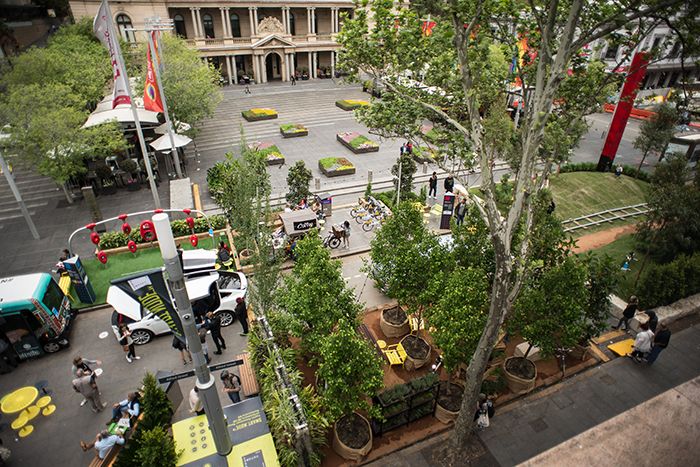
An aerial view from Circular Quay Station. Photo: Ross Mills.








